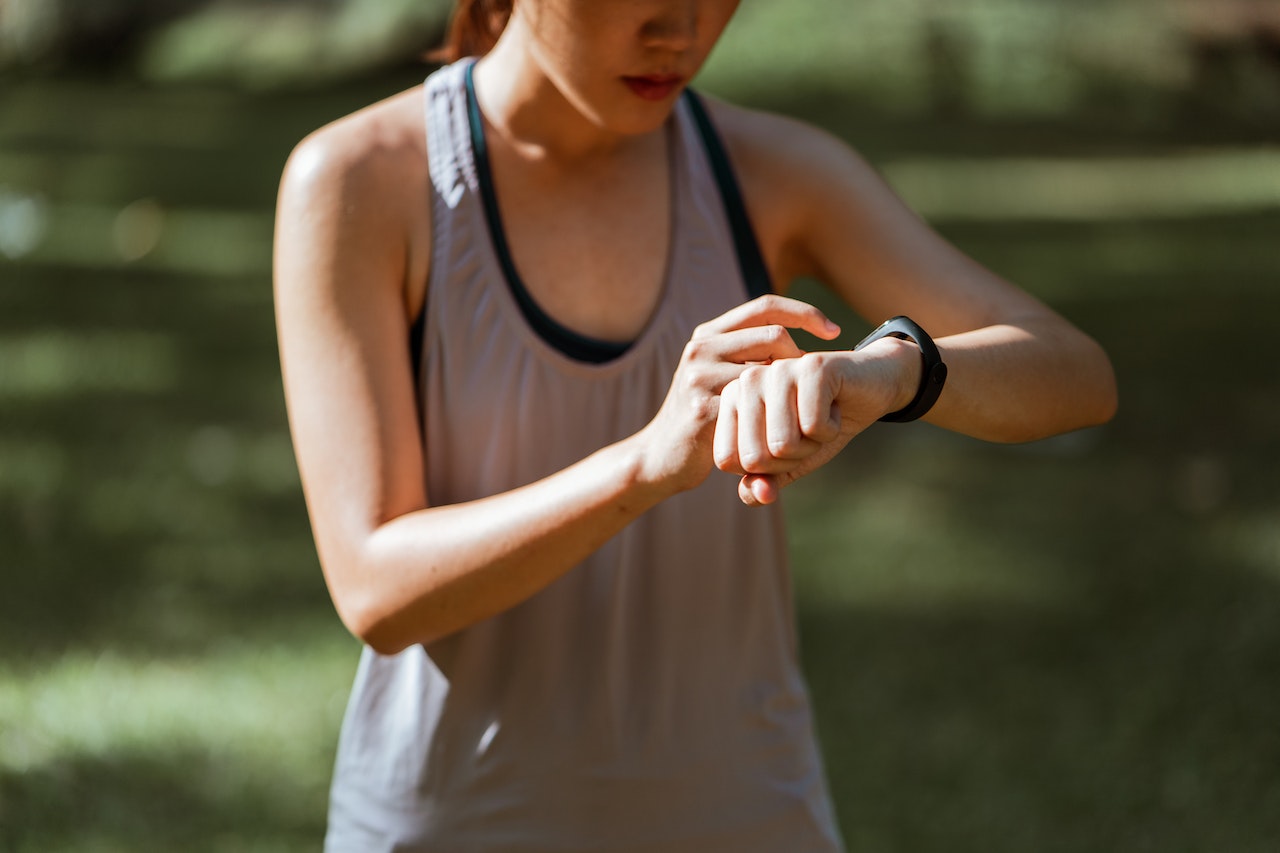
“We have become so reliant on our wearable devices to track progress and for validation.”
Just yesterday my client went to her Trainerize dashboard to log her daily walk. She messaged me with a sad emoticon and said “Oh no, where’s my walk check-off box?” I laughed out loud, knowing how important it is to have validation. That “proof”, even if no one else sees it, but simply to have that box to check off.
Having just recently experienced a similar letdown where I had gone for a very aerobic bike ride but forgot to start my FitBit, I was able to fully relate to my client.
The fact is that we have become so reliant on our wearable devices for validation. Whether it’s to track steps or define how hard we worked by the number of our “active minutes” or how many “rings” we’ve closed, it’s almost as if the work didn’t happen if it’s not logged digitally. Although I never share my progress in the FitBit community, or share screenshots of my exercise activity, seeing it is deeply psychological, provides a sense of accomplishment and social proof even if there’s never an intention to share it.
In response to my client, all it took was to go into her dashboard and extend the habit of “Daily brisk walk for 10 minutes” for another month so she could have the satisfaction of checking off the box. In addition, I suggested she implement a new habit… to journal each day for 2 minutes, ideally at night right before bedtime.
The importance of a 2-minute journaling session
How is this important in the context of exercise, and particularly for someone like my client who hardly has time to prepare food, work full-time, and spend time with her 10-month-old, let alone exercise?
Writing it down will solidify the experience. It induces self-reflection: how did it feel during the walk? How did she feel afterward? Did her day improve after the walk? Was there a change in her emotions?
Taking pen to paper is also great for:
- An increase in brain activity
- Improved memory
- Deeper connection with the experience that’s being written about it and the thoughts associated with it
The act of writing it down, pen to paper, will reinforce the behavior, especially if there’s an elevated emotion attached to it.
When trying to make changes to feel and look better, it is no doubt important for clients to track progress through before/after photos, body measurements and improvements in aerobic ability. However, it may be equally important to track more subtle things such as:
- improved sleep
- better energy
- improved mood
This is true, especially for someone who is just beginning to work out with a personal trainer or starting their health journey. The change they are looking for may not be instantaneous, but by identifying with the slightest change in emotion and infusing the mind and body with a moment of reflection and gratitude, they promote a healthy mindset as well. Even in 2 short minutes.
“I am a person who is healthy”
“I am a person who can control their outcomes simply by choosing to take a 10-minute walk each day instead of scrolling on my phone during lunch”
Why only 2 minutes?
Lastly, I specifically asked my client to journal for no more than 2 minutes.
Why? As a trainer, I need to make the goal attainable, not intimidating. It needs to be realistic and manageable. Setting a time limit of two minutes creates a sense of urgency and promotes focus. The client will more likely do it because it’s a short period of time, even if she’s not feeling up to the task. Chances are, once the two minutes are up, she will likely want to write more.
While I’m suggesting that for the first 3 weeks, she stop writing at the 2-minute mark and not be tempted to continue, my hope is that the habit will become consistent, desirable, something she wants to do and looks forward to. Having such a short period of time to perform the new habit will make it more worthwhile because she will give herself fully to the activity for those 2 minutes.
Every time a client exhibits willpower i.e. by not writing beyond the two minutes in this case, they are exercising the same muscle of self-control that activates other acts of self-control, such as opting to eat a piece of fruit rather than a cookie or getting up early and going for a walk rather than sleeping in.
And at the end of the day, when it comes to training clients and building healthy habits, any way to acknowledge when they make a change or small progress is an important step in the journey!



